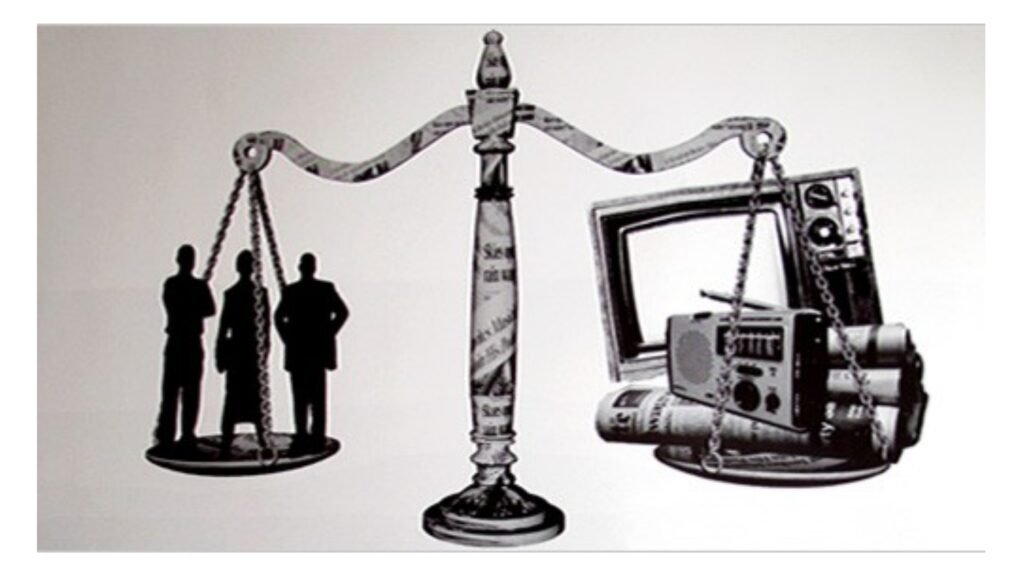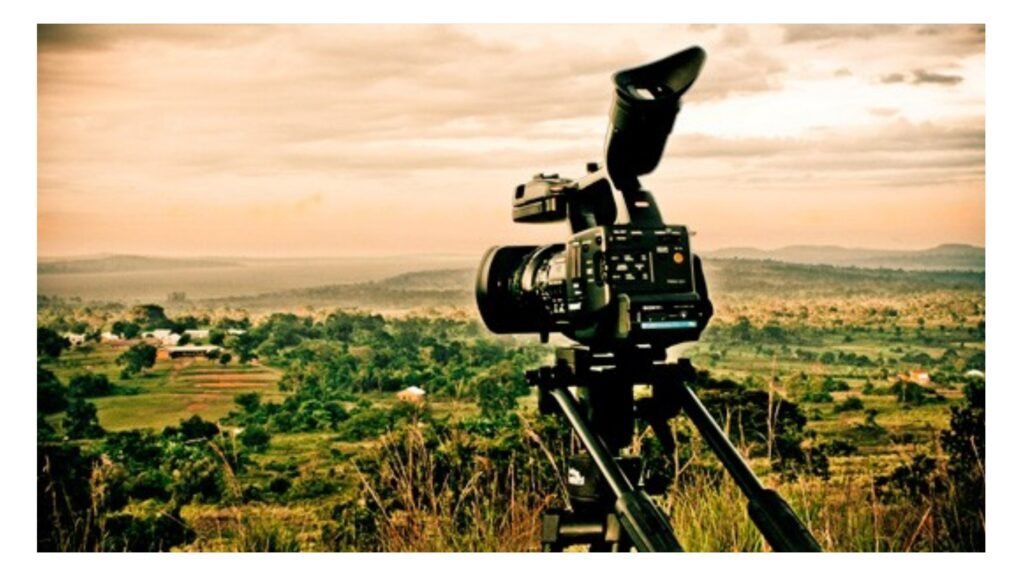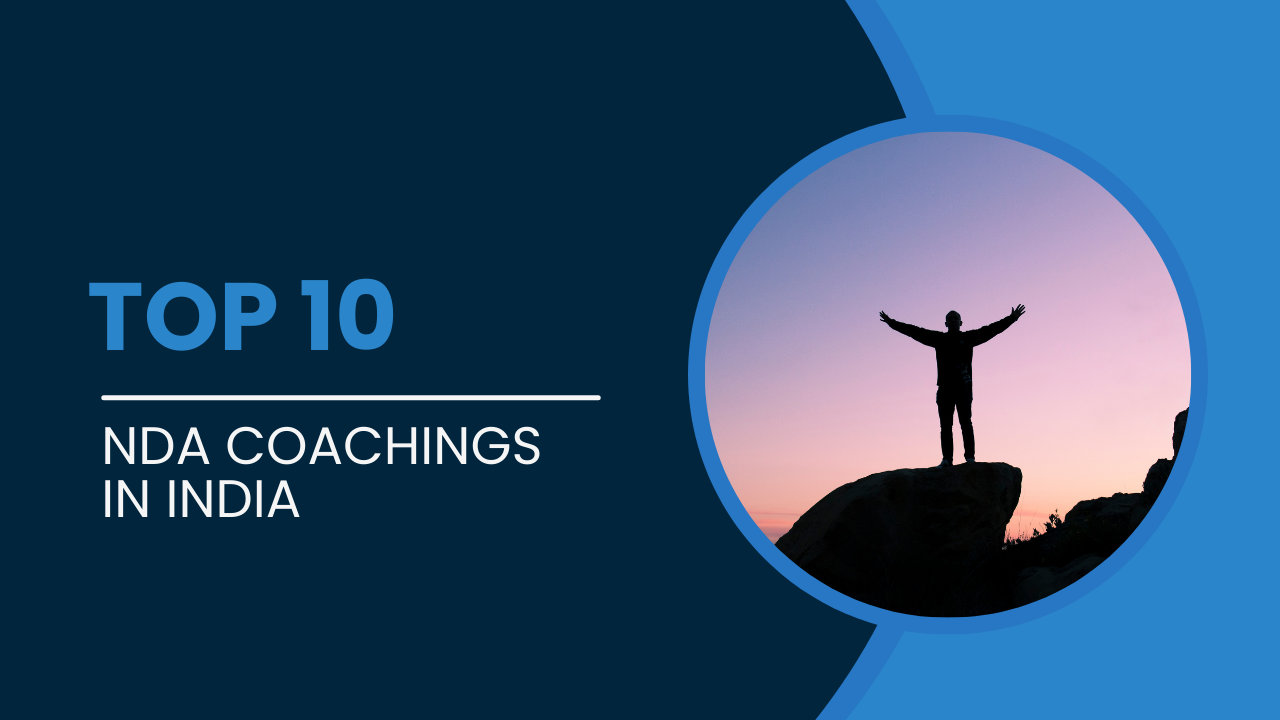In today’s ever-evolving media landscape, journalists are more important than ever. From the rise of digital platforms to the demand for investigative reporting, the media industry offers a wide range of career opportunities. But to break into the field, you need the right education. Journalism courses provide aspiring reporters, content creators, and media professionals with the skills and knowledge necessary to thrive in the competitive world of journalism.
Whether you’re interested in traditional media or new-age digital platforms, journalism education covers all the essential aspects of media production, ethics, law, and storytelling techniques. This article will delve into the top 10 journalism courses you should consider to kick-start or advance your media career.
Table of Contents
- Introduction to Journalism Courses
- Why You Need to Take Journalism Courses
- Key Benefits of Journalism Courses
- Top 10 Journalism Courses That Will Shape Your Media Career
- Course 1: Mastering News Writing and Reporting
- Course 2: Digital Journalism and Content Creation
- Course 3: Investigative Journalism
- Course 4: Broadcast Journalism
- Course 5: Multimedia Journalism
- Course 6: Journalism Ethics and Law
- Course 7: Journalism for Social Media
- Course 8: Data Journalism
- Course 9: Environmental Journalism
- Course 10: Journalism and Storytelling Techniques
- How to Choose the Right Journalism Course for Your Career Path
- How Journalism Courses Prepare You for a Dynamic Career
- The Future of Journalism: Adapting Through Journalism Courses
- Conclusion: Why Journalism Courses Are Essential for Your Career
- FAQs
Introduction to Journalism Courses
Journalism courses are more than just a formal education in writing. They are designed to equip you with the necessary skills and expertise to succeed in a fast-paced media environment. Whether you want to be an investigative journalist, a digital content creator, or a broadcast reporter, there is a course tailored to each aspect of the media world.
A career in journalism requires more than a knack for writing. Today, a journalist must be equipped with the tools to navigate online platforms, understand media laws and ethics, and tell stories that engage and inform audiences. Journalism courses provide foundational knowledge, hands-on experience, and specialized skills to help students succeed in various journalism fields.

Why You Need to Take Journalism Courses
In today’s digital-first world, media consumption habits are rapidly changing. The need for skilled journalists who understand both the traditional and digital media landscape has never been greater. By taking journalism courses, students gain insight into various aspects of journalism, including research, writing, ethics, multimedia production, and audience engagement.
Here are a few reasons why journalism courses are essential for anyone aspiring to work in the media industry:
- Industry-Relevant Skills: Journalism courses are designed to teach the skills that are most relevant in the current media landscape. Students gain hands-on experience and access to the latest tools and techniques used in the industry.
- Comprehensive Knowledge: Journalism is a diverse field that requires knowledge in many areas, including news writing, editing, media law, ethics, social media, and data journalism. Journalism courses cover all these areas to ensure you are well-prepared for any situation.
- Networking Opportunities: Many journalism courses connect students with industry professionals and peers. Networking with journalists, editors, and content creators can help you land internships and job opportunities after graduation.
- Access to Internship Programs: Journalism courses often have partnerships with media organizations, which means students have opportunities for hands-on training and internships that provide real-world experience.
- Versatility: With the ever-evolving media landscape, journalists need to be adaptable. Many journalism courses offer cross-disciplinary learning, ensuring that you’re proficient in both traditional media outlets and emerging digital platforms.
Key Benefits of Journalism Courses
- Professional Expertise: Journalism courses teach you how to write clear, engaging, and factual stories while adhering to industry standards.
- Digital Proficiency: You’ll learn how to adapt traditional journalism skills to digital formats, including multimedia content, SEO strategies, and social media engagement.
- Career Preparation: Completing journalism courses prepares you for a wide variety of media careers, from newspaper reporting to content creation for online platforms.
- Ethical Understanding: Ethical considerations play a vital role in journalism. Courses in journalism instill a strong understanding of media ethics, ensuring that you report with accuracy, fairness, and integrity.
Critical Thinking Skills: Journalism courses encourage critical thinking and problem-solving, which are crucial skills for uncovering stories, analyzing data, and presenting news.
Top 10 Essential Skills for Success in 2025

Top 10 Journalism Courses That Will Shape Your Media Career
1. Journalism and Storytelling Techniques
Storytelling is at the heart of journalism. This journalism course teaches you how to craft compelling narratives, develop engaging story angles, and use the right storytelling techniques to draw in readers.
Course Highlights:
- Developing a unique journalistic voice
- Crafting powerful leads and story structures
- Interviewing techniques to gather meaningful quotes
- Writing with a narrative flair

9. Digital Journalism and Content Creation
Digital journalism is the future, and this journalism course focuses on producing content for digital platforms like websites, blogs, and social media. You’ll learn how to craft engaging digital stories, use SEO techniques to drive traffic, and create multimedia content like videos, podcasts, and infographics.
Course Highlights:
- Content creation for websites and social media
- Video production and editing for digital platforms
- SEO strategies for online journalism
- Engaging audiences through interactive content

8. Investigative Journalism
Investigative journalism is one of the most respected areas of the profession, requiring deep research, persistence, and accuracy. This journalism course teaches the skills necessary for uncovering hidden stories, using public records, interviewing sources, and maintaining objectivity in sensitive situations.
Course Highlights:
- Techniques for in-depth research and investigative reporting
- Writing investigative reports that expose societal issues
- Navigating legal and ethical challenges in investigative journalism
- Using public records and databases for reporting

7. Broadcast Journalism
Broadcast journalism focuses on delivering news via television, radio, or digital broadcast platforms. This journalism course equips students with skills in live reporting, scriptwriting, video production, and broadcasting techniques.
Course Highlights:
- Reporting for television and radio
- Producing live news segments and bulletins
- Scriptwriting for broadcast
- Understanding the technical side of broadcasting, including sound and camera work

6. Multimedia Journalism
Multimedia journalism combines text, video, audio, and graphics to tell a story. This course helps you learn how to produce rich, multimedia content that engages modern audiences on platforms like YouTube, podcasts, and news websites.
Course Highlights:
- Creating engaging multimedia content
- Video editing and production techniques
- Using graphic design tools to enhance stories
- Balancing text with multimedia in storytelling

5. Journalism Ethics and Law
Understanding the ethical and legal landscape of journalism is crucial. This journalism course delves into topics like freedom of the press, libel, plagiarism, and journalistic integrity. You’ll learn how to navigate the ethical challenges reporters face in their day-to-day work.
Course Highlights:
- Ethical issues in journalism: truth, bias, and fairness
- Media law: understanding defamation, copyright, and privacy
- Case studies of legal battles faced by journalists
- Ethical decision-making in investigative reporting

4. Journalism for Social Media
Social media has changed the way we consume news, and this journalism course focuses on teaching students how to use social media as a tool for journalism. You’ll learn how to report breaking news in real time, engage audiences, and manage a personal brand as a journalist.
Course Highlights:
- Writing for Twitter, Facebook, and Instagram
- Building a personal brand on social media
- Social media strategies for journalists
- Reporting live on social media platforms

3. Data Journalism
Data journalism combines storytelling with data analysis to provide in-depth insights into complex issues. In this journalism course, you’ll learn how to analyze datasets, visualize data, and use data to create compelling news stories.
Course Highlights:
- Using Excel and other tools for data analysis
- Visualizing data through charts and graphs
- Uncovering stories hidden in numbers
- Writing data-driven articles

2. Environmental Journalism
Environmental journalism covers stories related to climate change, sustainability, conservation, and environmental policies. This journalism course teaches students how to cover environmental issues with accuracy and sensitivity.
Course Highlights:
- Reporting on climate change and sustainability
- Investigating environmental policies and their impact
- Writing about global environmental challenges
- Engaging audiences on environmental topics

1. Mastering News Writing and Reporting
For anyone starting in journalism, mastering the art of news writing and reporting is essential. This journalism course teaches students how to write clear, concise, and impactful news articles. You’ll learn the essential skills of reporting, crafting compelling headlines, and structuring articles that grab readers’ attention.
Course Highlights:
- Understanding news structures and formats
- Mastering the 5 W’s and H of journalism
- Learning how to write balanced, objective news reports
- Writing for both print and digital media

Top 10 Career Options After 12th Science in 2025: Entrance Exams, Courses & Career Prospects
How to Choose the Right Journalism Course for Your Career Path
Selecting the right journalism course depends on your specific career goals. Do you want to focus on writing, or are you interested in multimedia content? If you’re drawn to data analysis, data journalism may be the perfect fit. Consider the courses that align with your interests, skills, and future career plans.
The Future of Journalism: Adapting Through Journalism Courses
As the media industry continues to change, it’s crucial to stay ahead of trends. Journalism courses offer a dynamic, evolving curriculum that prepares you to tackle the future challenges of the profession, from citizen journalism to the integration of artificial intelligence in media.
Conclusion: Why Journalism Courses Are Essential for Your Career
Choosing the right journalism course can set the foundation for a successful career in media. These courses offer not only the necessary skills but also practical, real-world experience to prepare you for the challenges and opportunities of the journalism profession. Whether you’re a budding reporter, content creator, or investigative journalist, journalism courses will help you unlock your potential and make your mark in the world of media.
FAQS
Q1. What are journalism courses?
A1. Journalism courses teach the skills needed to work in media, including news writing, reporting, editing, multimedia production, and media law. These courses prepare students for various journalism careers in both traditional and digital platforms.
Q2. Do I need a degree to become a journalist?
A2. While a degree in journalism can help, it’s not always required. Many journalists start with internships or freelance work. Taking specialized journalism courses can also provide the necessary skills and experience to begin a career.
Q3. What career options are available after completing journalism courses?
A3. After completing journalism courses, you can pursue careers such as news reporter, content creator, broadcast journalist, investigative journalist, or social media manager, among others, across print, digital, and broadcast media.



